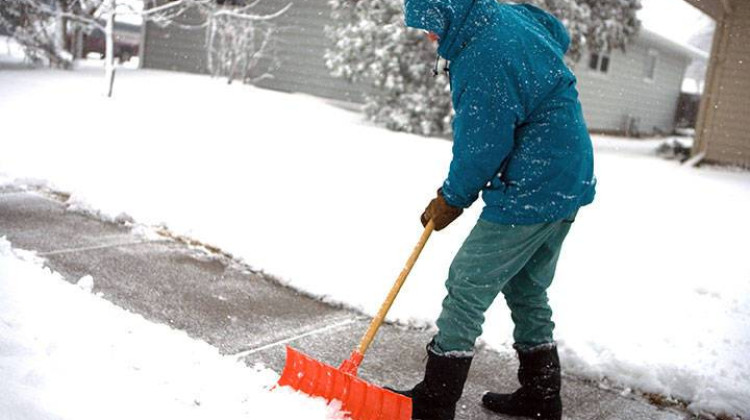Activists and housing experts discussed Indianapolis housing inequity, past and present, during a panel discussion at the Herron School of Art and Design on Wednesday.
According to the US Census Bureau, 65% of whites in Marion county own a home, compared with just 39% of Hispanics and only 34% of Black residents. Those numbers are lower even than the state average.
Amy Nelson, Executive Director of the Fair Housing Center of Indiana, said from 2010-2019 the county lost 10,000 owner-occupied housing units.
“We allege a lot of that activity has been investor purchases flipping units from homeownership units to rental units,” she said. “Typically very expensive rental units.”
According to Nelson, Indianapolis is number one in the country for investor-owned single-family homes.
Nelson also underlined that discrimination plays a big role in who is able to buy a home and how that home will be appraised once a person owns it.
“Black homes are systematically devalued for no reason other than it being owned by somebody who is black or being in a black neighborhood,” she said.
Wildstyle Paschall, an ambassador for the Central Indiana Community Foundation, talked about how development near the Riverside neighborhood in Indianapolis has driven up rents and property taxes and forced some of his neighbors to move out.
“We really have to look at the systemic issues on how to continue to develop our communities but make sure people aren’t displaced in the process of it,” he said.
Jeff Bennett is the Deputy Mayor of Community Development for the City of Indianapolis. He said one of the big things the city could do to help long-time residents is offer them a property tax freeze.
“If we could make it easier for longtime owners to stay in their houses because the tax bill that’s going up because the AV [assessed value] is going up is frozen we ought to do it, but we can’t,” he said.
Bennett said Representative Cherrish Pryor has repeatedly introduced legislation to allow property tax relief to longtime residents - but those bills have yet to move through the legislature.
Indianapolis Deputy Director of Planning, Preservation and Design Lourenzo Giple said that it’s important to remember where Indianapolis is.
“We are a blue city in a red state,” he said. “There are a lot of things that we as a city can do, and choose to do, but are oftentimes our hands are smacked and we’re told we can’t do that.”
Bennett said the state legislature has preempted Indianapolis twice in the last five years over housing-related issues.
“We go into this issue of housing equity often with one hand tied behind our backs,” he said.
 DONATE
DONATE








 Support WFYI. We can't do it without you.
Support WFYI. We can't do it without you.